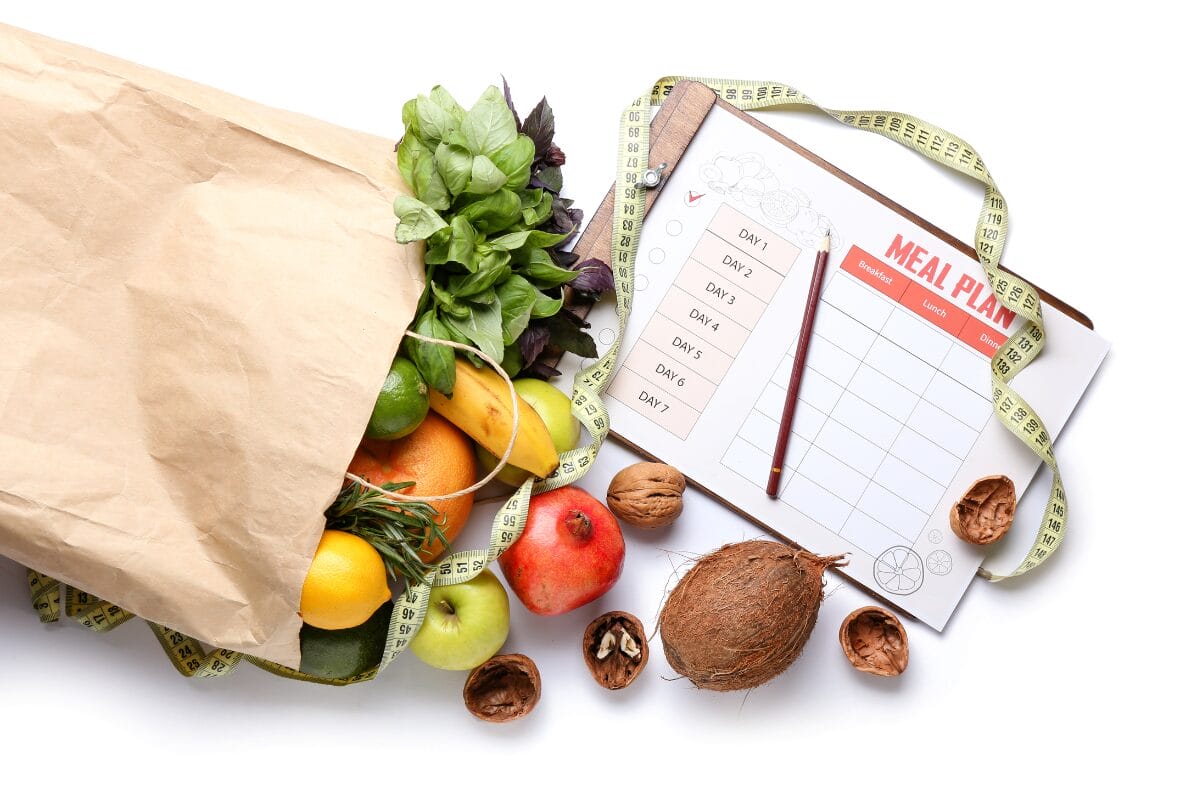As we age, nutrition plays a vital role in supporting health, managing chronic conditions, and maintaining energy levels. However, older adults often face challenges with eating well — from changes in appetite and taste to difficulty preparing meals or shopping for groceries. That’s where thoughtful meal planning can make a world of difference.
A balanced diet for seniors should focus on nutrient-dense foods, with plenty of fruits, vegetables, whole grains, lean proteins, and healthy fats. Hydration is equally important, as older adults may not feel thirst as strongly but are still at risk of dehydration. Limit sodium, added sugars, and processed foods, which can exacerbate issues like high blood pressure or diabetes.
Caregivers and family members can help by creating a weekly meal plan that incorporates favorite foods with dietary needs. This not only ensures nutritional balance but reduces daily decision fatigue. Prepping ingredients in advance, using slow cookers or batch cooking, and utilizing meal delivery services can make healthy eating more accessible. For those with chewing or swallowing issues, softer food textures and nutrient-rich smoothies may be helpful.
To get started, check out MyPlate for Older Adults, a resource from the USDA that offers senior-specific guidance on portion sizes, hydration, and sample menus. Involving seniors in meal planning can also enhance independence and enjoyment. Whether you’re preparing meals at home or coordinating with a senior living community, proper nutrition fuels not just the body — but a better quality of life.





